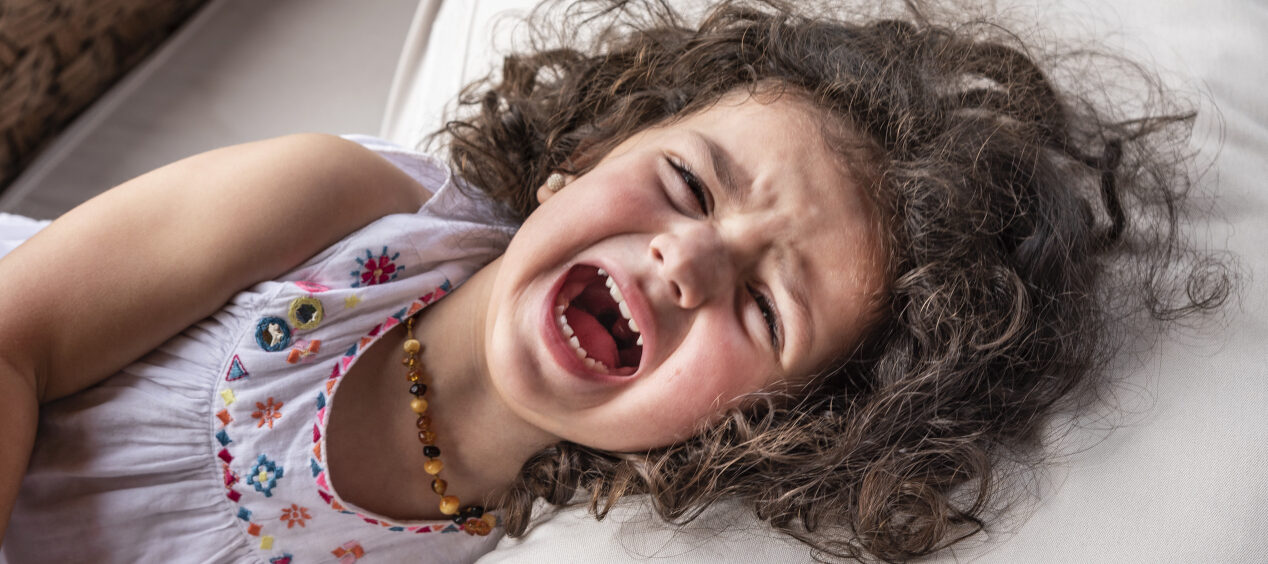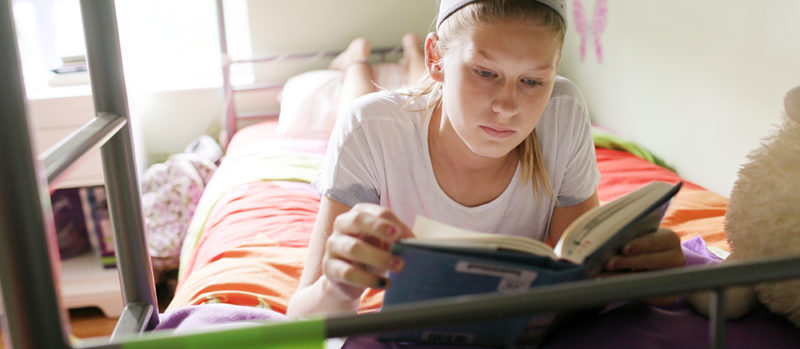Obsessive-compulsive disorder (OCD) is an often misunderstood condition. Obsessions, as I like to explain to my younger patients, are thoughts that they can’t get out of their heads. Compulsions are the behaviors that they feel like they have to do.
When we think of people with OCD, we often think of what we see on TV shows. And while there is a bit of truth to those depictions, they don’t give the full spectrum of this neurological brain disorder. Some may even be surprised that it can manifest in kids. In fact, it is estimated that 1-2% of kids and adolescents have childhood-onset OCD.
I’d like to share some further misconceptions about OCD in kids, to help with understanding and awareness of the condition.
Misconceptions About OCD in Kids:
-
It is obvious when kids have OCD
This sentence is half false. Typically, when children are exhibiting compulsions (like over-washing hands, or not touching doorknobs), parents are aware of them. This is not always the case with obsessions. Obsessions are often silent, happening within their heads. They can go on for a long time without being noticed because children often think that their thoughts are out of the ordinary, so they hide them. As for compulsions, while some of them can be subtle, many of them are not. Parents are typically quick to notice their child’s OCD if it manifests as a compulsion.
-
If children aren’t obsessed with washing their hands, they don’t have OCD
Obsession with cleanliness and compulsive hand washing are not the only ways that OCD manifest. A compulsion can be any behavior that your child feels like she has to do. Yes, it can look like hand washing and lining cars up in a row. But it can also be him not liking to be wet or dirty, for instance. With older kids, it can manifest around religious beliefs, such as feeling as though they’re offending God because of their “bad” thoughts. Others may be bothered by the violent images in their heads, thinking that they’re “crazy” for having them.
I like to explain to families that the thoughts kids and adolescents with OCD have are no different from anyone else’s. The difference is that they get “stuck” in their heads. For example, if you’re driving on the road and someone cuts you off, you might get angry and have thoughts of wanting to rear-end the driver. Then you realize that you would never do that, and you drive on. People with OCD won’t be able to stop thinking about it. They may feel bad about having that thought. Or they begin to think that they did actually hit that driver and they’re worried about it.
-
Medication is the only way to treat it
This is not true. Cognitive behavioral therapy (CBT) is as effective as medication for treating mild to moderate OCD in kids. With CBT, we like to challenge their irrational beliefs. Is it true that you will die or won’t be able to handle it if you get wet? Then we will teach them to “boss back” their OCD. “I don’t have to listen to my OCD. I don’t have to change my clothes five times after getting wet.”
We may also have them face their fears, using a technique called exposure and response prevention. Exposure means that they have to be brave and face their fears. Response prevention means NOT doing the behavior they want to do to calm down. They will be exposed to what they’re afraid of and we’ll walk them through how to avoid their compulsion. So for instance, if they’re afraid of getting wet, we’ll get them wet. And we won’t let them change their clothes. We will give them techniques to learn how to manage their fear and get through it.
In some more severe cases or in cases where the child is not responding to CBT alone after a good trial, medication might be needed as a supplement to the therapy.
-
Children with OCD will need consistent therapy for life
Yes, OCD is a chronic condition, but will typically have a waxing and waning course across the life time. When the symptoms feel out of our control, are upsetting, and get in the way, therapy can help. But therapy is typically time limited. In our clinic, we set goals and work towards achieving them. When patients get measurably better, we stop therapy. If things escalate in the future, which they sometimes do, we may need to restart therapy. We have found that patients who complete a course of treatment, about 85% of them show significant improvement in their symptoms.
Many of us, adults and children alike, have some form of OCD-like behaviors. We all have rituals that we get into when taking a shower, for example (first hair, then face, then body). Toddlers like to line up their toys. Children like to practice things over and over again until it’s perfect. That doesn’t necessarily mean that these behaviors are clinically significant enough to warrant a diagnosis of OCD or need treatment. So when should parents seek help?
When Should Parents Seek Help?
A little bit of OCD is not a bad thing. It can help people be successful. But it becomes problematic when it impacts daily functioning. For example, does your son continually miss the bus because he had to change his clothes 10 times before leaving the house?
We ask parents these three questions as a starting point, and then we’ll continue to measure their answers throughout the course of treatment. Do you feel like you are in control of your symptoms? How upsetting are your symptoms? How much is this getting in the way of your daily life?
If you’re concerned about your child’s symptoms, talk to your child’s doctor. He or she may recommend a visit to a child psychologist.
To learn more about our division of Behavioral Medicine and Clinical Psychology, please visit our website or call 513-636-4336.





